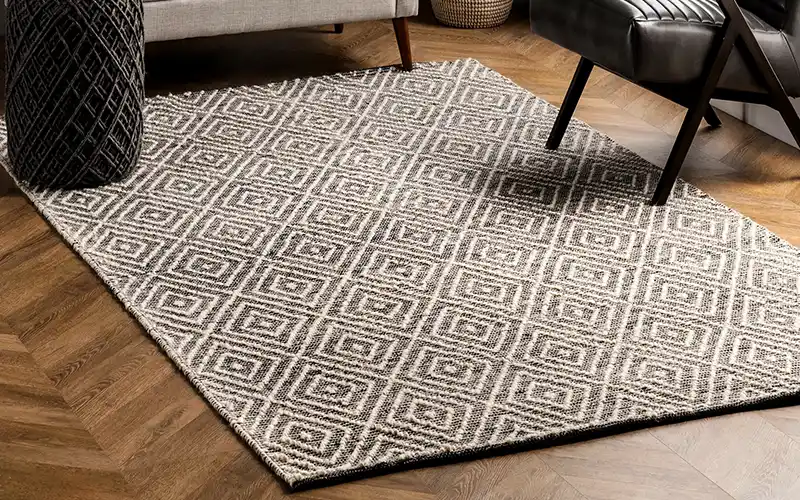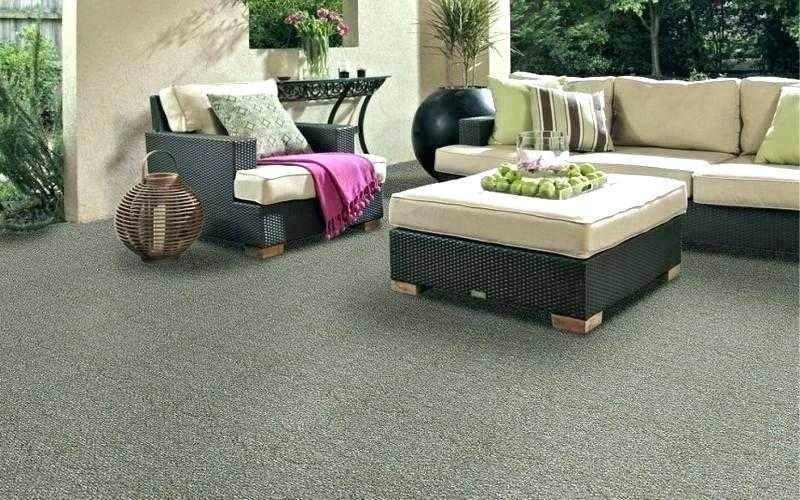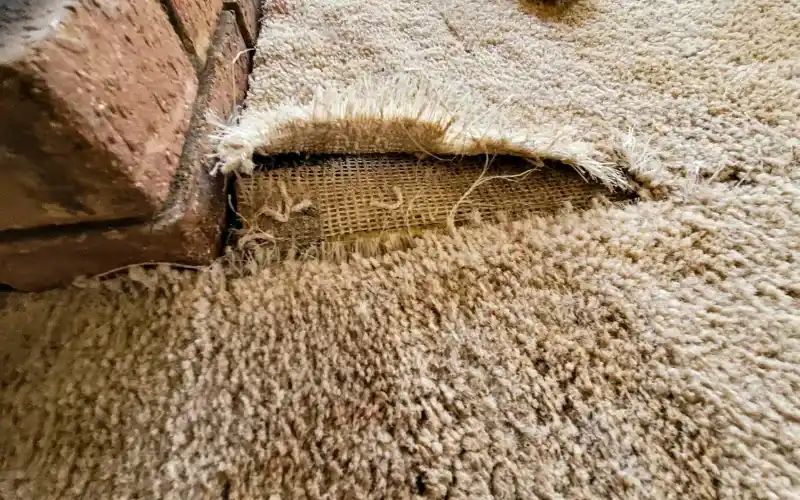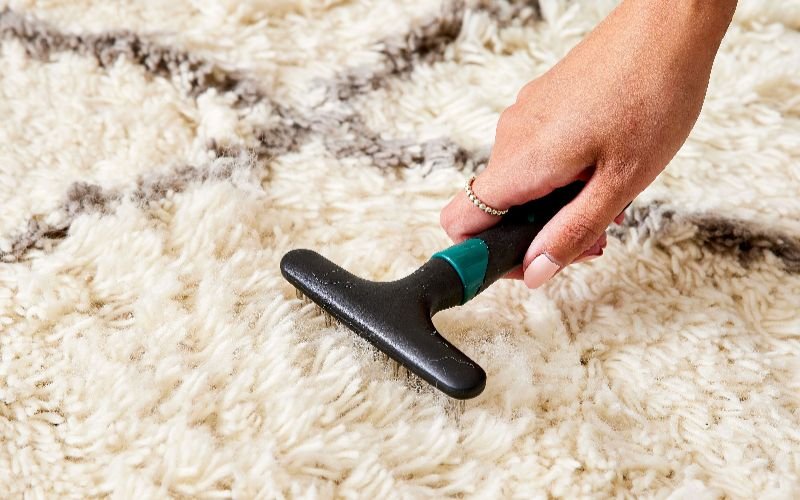Jute vs sisal are two of the most popular choices when we talk about natural and organic rugs. Sisal carpets and jute carpets are made from the natural fibers of plants (jute and agave sisalana respectively). They might look the same but their differences are plenty. Both options offer different texture, feel, durability, and usage.
Let us have a look at this comprehensive guide about jute and sisal carpets, their differences, and pros & cons.

Sisal Vs Jute – A Side By Side Comparison
Origin

Sisal: Sisal rugs originated from a certain region of Mexico where the agave sisalan plant grows in abundance. This plant is native to Mexico’s southern region but is widely cultivated all over the world now. The fibers of this plant are long and durable, with a rougher texture.
Jute: Jute rugs are made from jute plants which is native to India and Bangladesh. The fibers of jute are obtained from the stem of the plant and its outer skin. Jute fibres have a natural golden brown tint which makes them highly versatile for any type of interior setting.
Durability

Sisal: Sisal rugs are popular for their durability, which makes them an ideal choice for areas that get high foot traffic. They can be used in hallways, living areas, entryways, and offices. They can last several years with proper maintenance and care.
Jute: Jute rugs are pretty durable but in comparison to sisal rugs they are not as resilient. Ideally, they are used for low to medium traffic areas like dining areas and bedrooms. Constant exposure to heavy foot traffic can damage their fibers prematurely.
Texture

Sisal: Sisal fibers’ natural texture is rough and can be hard underfoot. The coarse nature of these rugs is what makes them endure heavy foot traffic.
Jute: Jute rugs are known for their softness and a comfortable feel underfoot. They are very pleasant to walk on and give a cozy feel to any place they are used in.
Maintenance

Sisal: For their maintenance, sisal rugs need regular vacuuming to prevent the buildup of dust and debris. These carpets can be vulnerable to stains so in case you spill anything, blot that spill immediately. You can use a clean and dry towel and dab until the moisture is but a slight stain. Excessive water exposure can cause the fibers to shrink and leave odors in sisal rugs.
Jute: Jute rugs are more resilient against staining as compared to sisal rugs. However, moisture can damage them and cause shrinkage of the fibers. Make sure that you don’t use a wet cloth or steam cleaning for these rugs.
Cost

Sisal: Since sisal rugs offer better durability, they come with a bigger price tag. Although expensive, they can be more cost-effective because of their longer lifespan.
Jute: In comparison to sisal, jute rugs are more affordable. If you are looking for an organic and eco-friendly carpet on a budget, a jute rug would be the perfect choice.
Style

Sisal: Sisal rugs are available in a range of colors with neutral hues. You can match the rug with your interior aesthetic and create a perfect rustic or boho decor.
Jute: The natural and earthy color palette of jute rugs gives a warm and welcoming feel to your interior. Jute rugs are available in other colors too, after their fibers are dyed for a diverse look. But, the natural golden-brown shade of jute tops them all and creates a balanced space in any interior.
Lifespan

Sisal: Due to their higher durability and resilience, sisal carpets offer a better lifespan. If you ensure their regular maintenance and care, they can last up to 7 years even in a high-traffic space.
Jute: Jute rugs offer a great lifespan too. With careful maintenance and upkeep, they can last up to 5 years in a space with low to medium traffic. For areas like bedrooms that only get light foot traffic, they can last even longer.
Sisal Carpets Pros & Cons
Pros
Durability
Sisal rugs are known for their sturdiness and better durability. They don’t experience wear and tear easily.
Stain Resistance

Sisal rugs have a coarse nature which makes them resist staining and wear caused by everyday use.
Eco-friendliness
Sisal is a renewable and biodegradable plant, making sisal rugs a perfectly sustainable choice.
Cons
Harsh Texture
The natural texture of sisal fibers is harsh which makes them less comfortable underfoot.
Prone To Water Damage

Exposure to moisture and humidity can cause damage and make the rug lose shape and color.
Jute Carpets Pros & Cons
Pros
Comfort
Jute rugs are much more comfortable than sisal and feel very soft and cozy underfoot.
Affordability
Jute rugs are one of the most affordable options if you want a natural look for your floor.
Eco-friendliness

Jute plants make these rugs biodegradable and sustainable, with no negative impact on the environment.
Cons
Less Durable
Jute rugs are not as durable and long-lasting as sisal. They can experience premature wear if used in busy areas.
Stain-Prone

Due to their soft fibers, jute rugs are more prone to staining. They can also be difficult to clean if spills are left untreated for a longer period of time.
Conclusion
Now that you have a breakdown of every aspect of sisal and jute rug, you can decide which one is best for your place? You can make a choice depending on the area you want the rug for and your budget. Both rugs are eco-friendly in nature, so you can go for any option that fits the needs of your space without exceeding your budget.



